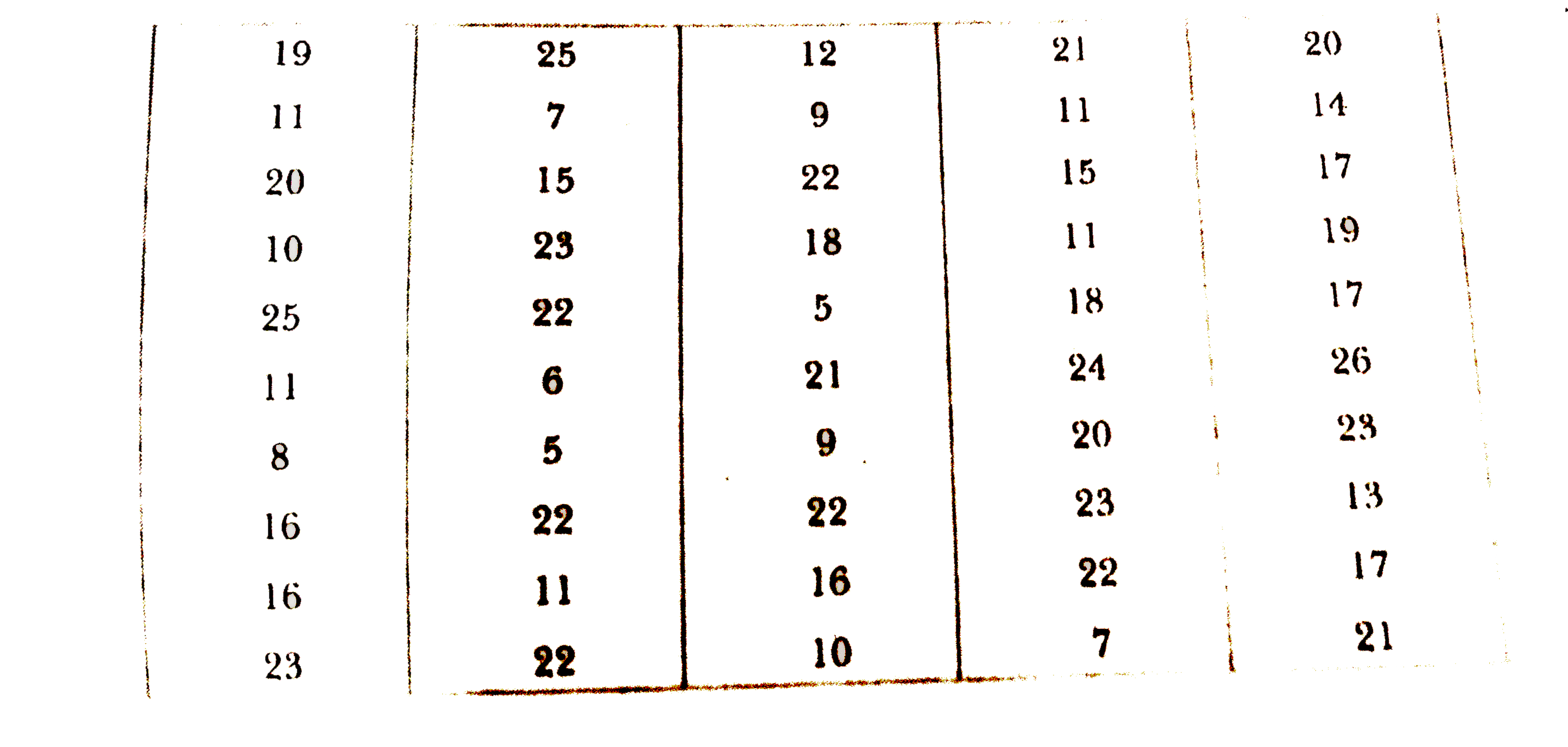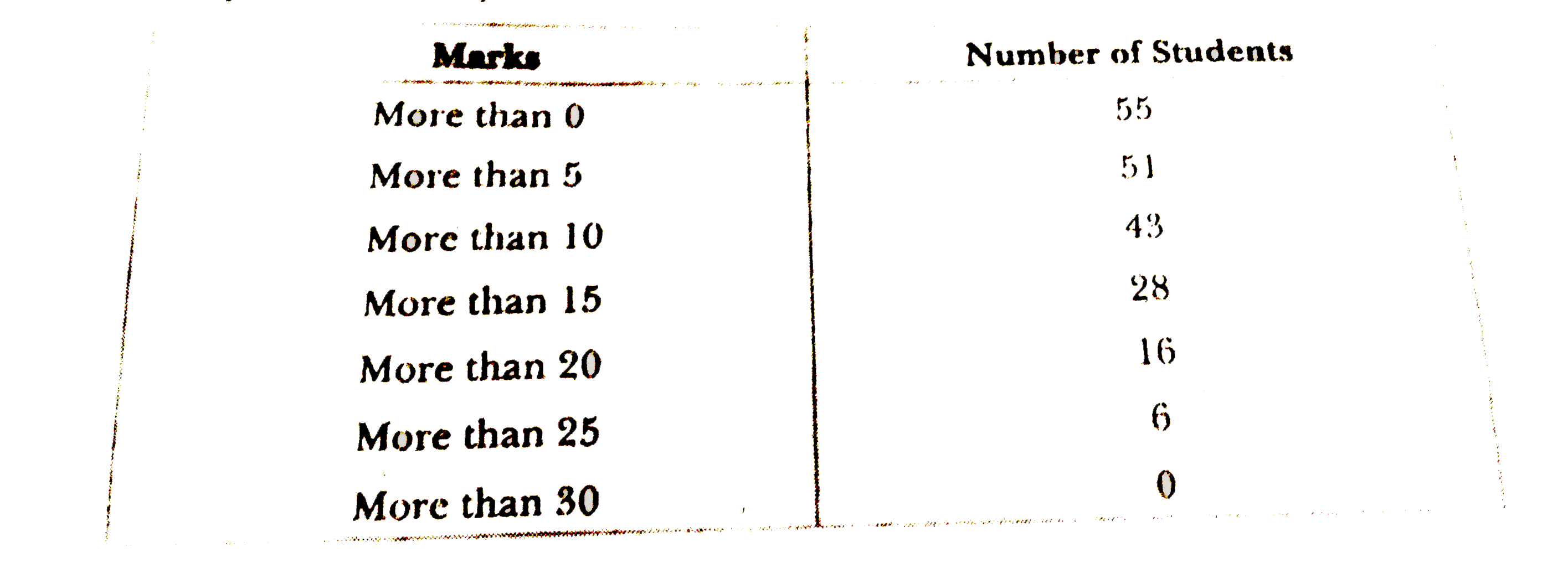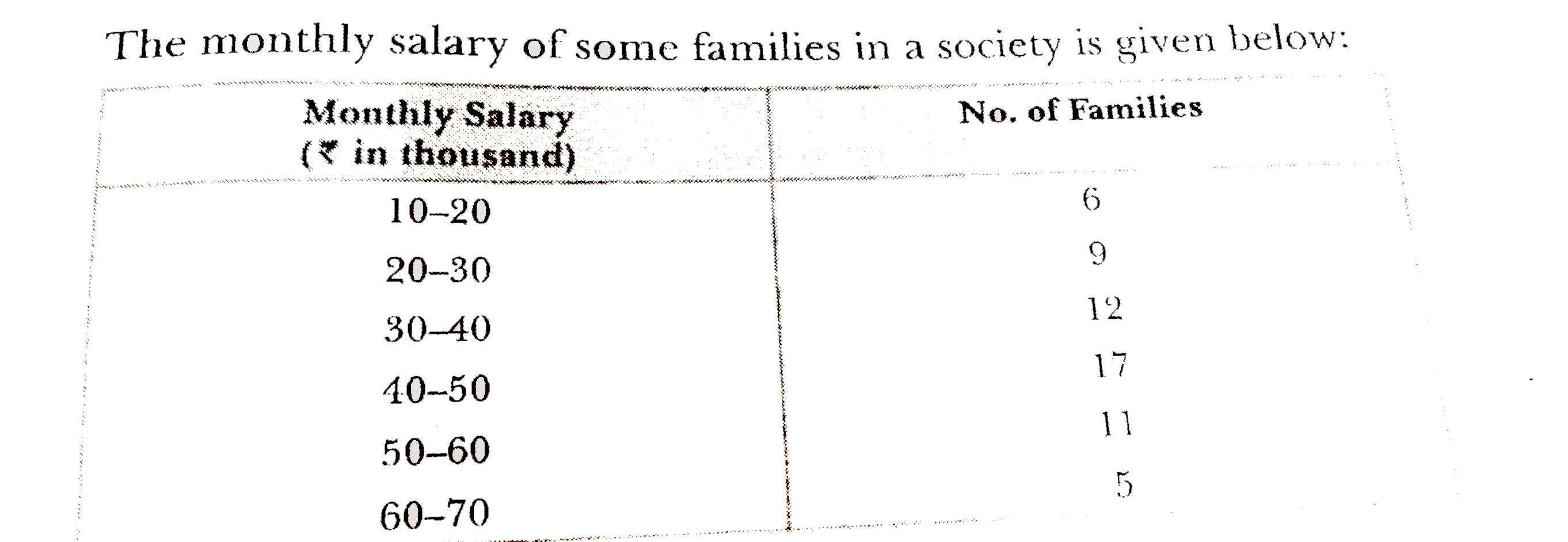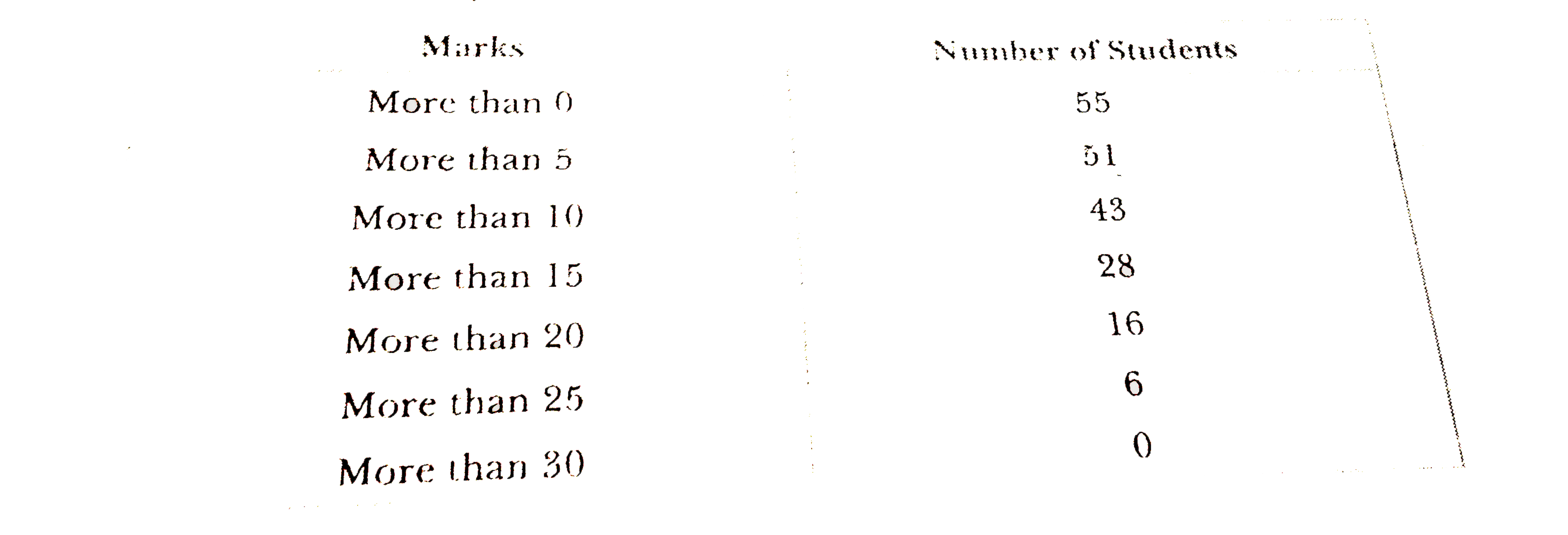Complete Solutions to Miscellaneous Illustration of chapter ORGANISATION OF DATA of Class 11 book with complete answers and questions
| Class 11 | ECONOMICS |
| Chapter | ORGANISATION OF DATA |
| TARUN JAIN & VK OHRI | Miscellaneous Illustration |
| Number Of Questions | 13 |
| Academic Year | 2023-24 |
In a survey, it was found that 50 families bought milk in the following quantities in a particular month. Classify the following data in an individual, discrete, continuous and cumulative frequency series.
 24:58View Solution
24:58View SolutionPrepare a frequency series of the ages of 25 students of Class XI in your school .
15,16,16,17,18,18,17,15,15,16,16,17,15,16,16,15,16,16,15,17,17,18,19,19,1503:16View SolutionWe have the following data on the monthly expenditure on food (in rupees) for 30 households in a locality.

(i) Obtain a frequency distribution using following class intervals:
100-150, 150-200, 200-250, 250-300, 300-350
(ii) What percentage of households spends less than Rupees 250 per month and what percentage of households spends more than Rupess 200 per month?07:07View SolutionMake a frequency distribution (inclusive ) series of the following data. The class interval is to be taken as 6.
 06:21View Solution
06:21View SolutionConvert the following cumulative frequency distribution into a simple frequency distribution
 05:11View Solution
05:11View SolutionThe following are the marks obtained by 30 students of Class XI in Statistics.

Prepare a frequency distribution by taking a class interval of 5 on exclusive basis.04:49View SolutionConvert the following inclusive series into exclusive series :
 02:42View Solution
02:42View SolutionThe monthly salary of some families in a society is given below :

(i) What is the lower limit of the second class interval?
(ii) What is the upper limit of the last class interval?
(iii) What is the class size of each class interval?
(iv) What is the mid-value of the third class interval?
(v) How many families earn Rs. 50,000 or more in a month?
(vi) How many families earn less than Rs. 20,000 in a month?03:55View SolutionConvert the following cumulative frequency distribution into a simple frequency distribution
 05:11View Solution
05:11View SolutionFollowing are the marks obtained by 25 students in Statistics . Prepare a frequency distribution by taking a class interval of 4 on exclusive basis.
 05:13View Solution
05:13View SolutionFor the following raw data prepare a frequency distribution with a class interval of 5 on inclusive basis :
 06:24View Solution
06:24View SolutionConvert the following series into a simple frequency distribution :
 04:03View Solution
04:03View SolutionConvert the following series into a simple frequency distribution :
 03:51View Solution
03:51View Solution
Miscellaneous Illustration questions and complete solutions for chapter ORGANISATION OF DATA of VK GLOBAL PUBLICATION ECONOMICS (HINGLISH) of Class 11
